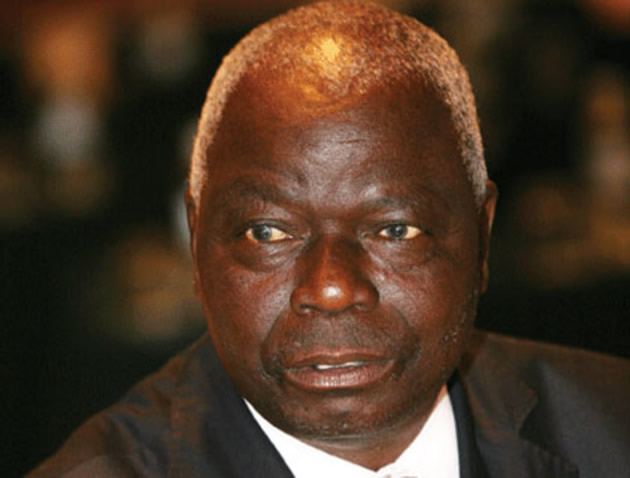Editorial Comment: Changes at Energy Ministry providential

THE dismissal of the two political heads of the Ministry of Energy and Power Development should allow a full rethink over the smart meters that former Minister Dzikamai Mavhaire and former Deputy Minister Munacho Mutezo were pushing Zesa so hard to buy.
Zesa has benefited immensely from the roll-out of the pre-paid meters with 522 000 householders and small businesses now using these and paying up-front.
At long last Zesa’s cash flows are starting to make sense and with pre-paid meters there are no defaulting customers; if you do not pay you do not get.
There have been suspicions that a lot of customers might have been by-passing their pre-paid meters to avoid paying. Zesa technicians have been checking and it appears that the problem is not as severe as first thought.
Some slumps in individual demand are the result of customers doing their best to use energy sensibly, reducing demand and making their pre-payment last significantly longer. This was a hoped-for side effect when the pre-paid meters were introduced.
Zesa brought them in primarily to ensure payment was made, and made before the energy was generated or imported. But it also hoped its customers would stop wasting electricity and so reduce demand.
But the checking system is a simple and cheap way of ensuring that there is no cheating and the penalties for cheating, and we think that this would involve jail time, can be so severe that there is not much of an incentive to take the risk.
A few well publicised prosecutions would probably deter all but the most hard-bitten thieves from cheating, and these can be caught and jailed with the existing system.
Using the very expensive smart meter system for catching energy thieves is overkill.
The cost would be significantly greater than the extra revenue. If there was no other way of detecting cheats it might make just sense to use the smart meters, even though only a tiny fraction of their functionality would be used for this purpose, but there are good and cheaper alternatives based around inspections.
In the end the customers have to pay the costs, and so Zesa should keep these optional extra costs as low as possible. And it simply does not make sense to use heavy artillery to kill flies round a sugar bowl.
While prepaid meters are ideal for homes, most shops and smaller businesses, they are not the solution for large factories and mines.
These customers are not charged so much for the energy they consume, but for the power they demand.
Many are charged for the maximum load they put on the grid during a month or are charged a tariff that combines maximum demand and energy consumption. There are good reasons for this.
For this small minority of customers the smart meter technology could well be the answer, and have the useful extra benefit of allowing even more sophisticated tariff structures.
Some industrial demands, for example, are not time-sensitive and so Zesa could help these customers hit their peak at midnight, rather than midday. As time goes on some customers might well install vast arrays of solar cells, or figure out a way of using a local river for hydro.
There would be times when such customers could have a surplus to sell to Zesa, and smart metering could cope with this switch.
The Zesa board was keen to try a pilot scheme. Even better might be to use the results of a pilot scheme that has been rolled out in South Africa to decide whether Zimbabwe would benefit and just what should it be testing when it comes to try out its own pilot scheme. We do not have to do everything ourselves.
In any case smart metering is a new technology in the midst of rapid change. What is cutting edge today is obsolete in a few months’ time. Sometimes it can pay to wait until the technology settles down a bit and international standards and trends start becoming obvious. Costs are normally at this stage a lot lower.
The political head of a technical ministry is not normally expected to be the chief technologist of that ministry.
He or she is expected to ensure that the advice and recommendations that come from the smart and educated technical staff are the result of the right questions being asked, have been checked by other smart and technically educated people and that the system that produces this advice has been correctly set up.
And finally, the minister is expected to assess if the answers make practical and political sense.
It is clear from the disputes over smart meters that this procedure was not followed and that there is still a great deal of debate over the best way forward.
The change at the top gives the opportunity for a rethink.









Comments